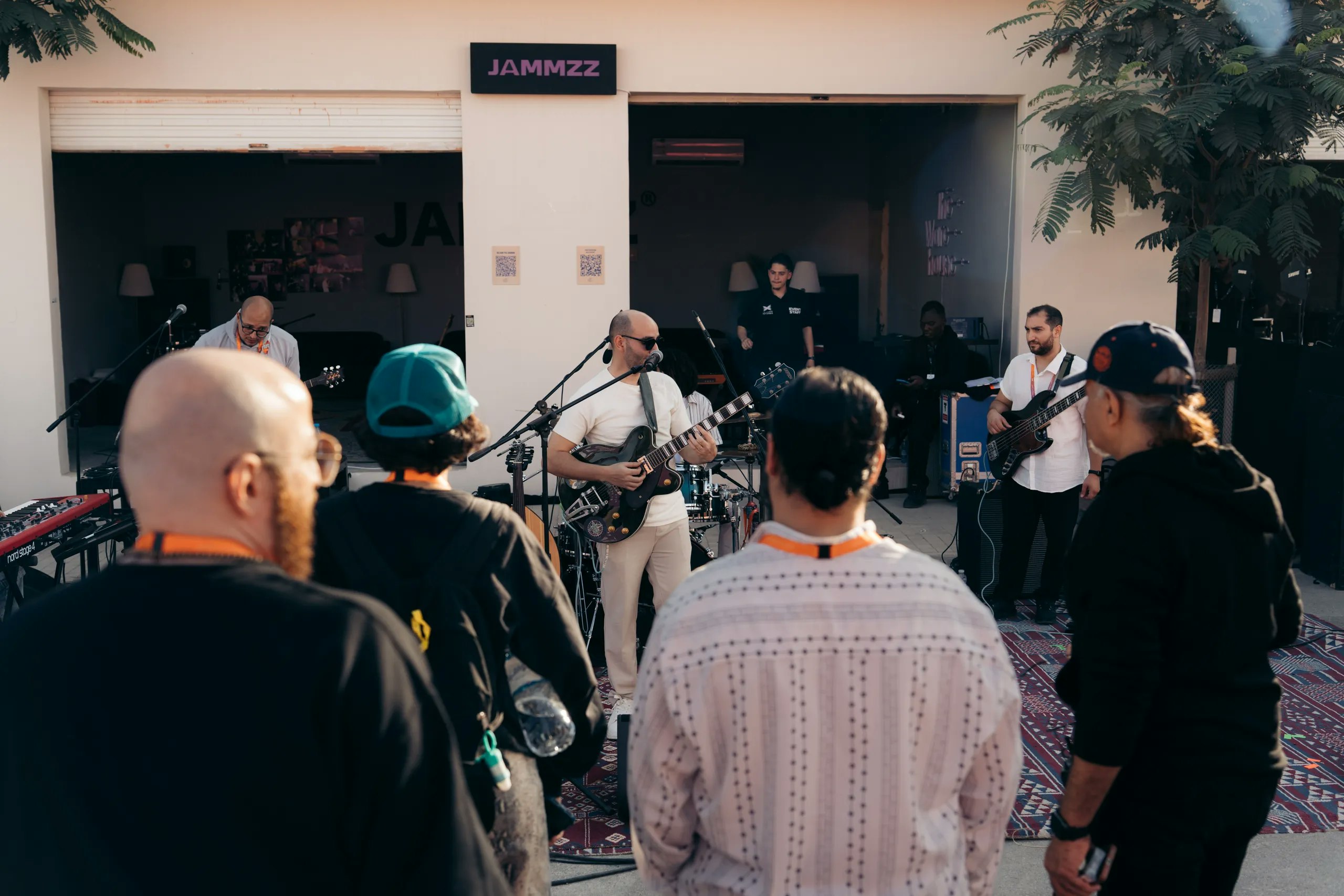

The Role of Songwriting in Music | MDLBEAST
By MDLBEAST
September 24 2025
The Role of Songwriting in Music | MDLBEAST
By MDLBEAST
September 24 2025
The Role of Songwriting in Music
Songwriting is at the heart of the music industry. It enables us to create sound, sentiment, and story. Each earworm dispatched to the Billboard charts or an independent underground fave comes from a place of written and musical intention. Songs are made to feel, and they live to tell stories and offer insights into ephemeral existence.
Songwriting is foundational to the culture, social justice, and relationships. It spans generations. It creates trends and it needs emotion. This article explores the significance of songwriting as part of the music-making process and cultural awareness and the evolving vocation in the modern world.
The Fundamentals of Songwriting
What Is Songwriting?
Songwriting is the process of writing lyrics and creating music to accompany them. While some songs emerge from a lightbulb moment, many others stem from a more formulaic approach which involves:
Lyric writing – Crafting meaningful, engaging words that convey a story, theme, or emotion.
Melody composition – Developing a tune that complements the lyrics and enhances their impact.
Harmonic and rhythmic structure – Ensuring the song has a strong foundation through chord progressions and beat patterns.
Arrangement and refinement – Adjusting song sections (verse, chorus, bridge) to create a cohesive and compelling structure.
Successful songwriters balance creativity with technique, blending artistic expression with an understanding of musical theory, trends, and audience preferences.
The Collaboration Behind Songwriting
Songwriting nearly always features a collaborative effort, where multiple ideas or visions complement each other or where the assurance of unity exists with lyrics, melody, and overall composition, making a fee-for-hire collaboration worthwhile. For instance, an established artist with a set vision will often create and require a fee-for-hire scribe to translate their fully formed ideas into lyrics or melody to best suit their established character and goals. Thus, this element of the songwriting process creates some of the best songs ever made.
Songwriting in Music Production
Working with Producers and Musicians
The collaborative process of production includes songwriting. The songwriters write the bare bones of the song, and an arranger and some musicians flesh it out down the line. Certain melodies might change, certain lyrics might change, and certain instruments are used to better flesh out a piece.
The songwriter's connection to the producers ensures that the track exists as a song and a tune, and sonically, as well, to craft the proper studio edit and professionally released version. This matters for the authoritative version that will be heard.
The Role of Songwriting in Different Genres
There are different considerations for different genres. Where the need for a pop song relies upon catchy hooks that repeat, jazz or folk writing has a more subtle need based upon the storyline and intricate melody. For instance, there is a greater emphasis on lyricism for songwriting in hip-hop.
Understanding such differences enables a writer to engage in the writing process with different sensibilities. If you're writing something more commercial, if you're writing something for EDM, if you're writing something for alternative rock, it's all a different vibe. Each genre has a different percentage of lyric ideas, arrangement, and melody.
The Cultural and Emotional Impact of Songwriting
Music as a Reflection of Society
The history of songwriting is connected to sociology and cultural events. Songs are vehicles of political opposition and social awareness. From 1960s folk songs pushing for peace to modern-day rap songs addressing socio-economic problems, songwriting is the opportunity to be the voice of a cause for an entire population.
Songs also serve as personal reflections of human experiences, capturing moments of love, loss, resilience, and celebration. This universal appeal is why music resonates with people across different cultures and generations.
The Evolution of Songwriting
Traditional vs. Modern Songwriting Approaches
The role of songwriters has changed dramatically over the years. In the past, many songwriters were also performers, creating music for themselves or small audiences. Today, professional songwriters often work behind the scenes, crafting lyrics and melodies for mainstream artists.
Additionally, songwriting has expanded beyond traditional genres, playing a key role in advertising, film scores, video games, and even virtual reality experiences. The demand for engaging and emotionally impactful compositions continues to grow, offering new opportunities for songwriters across different industries.
The Influence of Technology on Songwriting
Advancements in technology have transformed the songwriting process. Digital workstations, artificial intelligence tools, and online collaboration platforms allow songwriters to compose, edit, and share ideas remotely. This accessibility has led to a surge in independent artists and self-produced tracks.
Additionally, streaming platforms and social media have changed how songwriters gain recognition. In the past, breaking into the industry required record label connections. Today, viral songs on platforms like TikTok can launch songwriting careers overnight.
The Everlasting Influence of Songwriting
Songwriting seems like the fundamental component of the business. If no one writes songs, there will be no songs played. From establishing a completely new cultural norm to a completely new sound, songwriting plays a crucial role in the development and the subsequent reality in which people grow to know. From writing lyrics for social justice to writing the melody for world peace, songwriting is timeless and occurs in every genre.
Share this


